Have you experienced overwhelm or stress these past few months? Has it thrown you off or have you asked ‘why bother?’
I’ve definitely experienced these emotions during the past months with the unpredictability of the times.
And I was also quite familiar when I led organizations because I had to tend to multiple demands from staff, board members, and funders.
I often felt like I was on a hamster wheel. My to-do list was growing, and I wasn’t making progress towards the things that mattered. That’s how I like to define ‘productivity’ – having an impact by making progress on activities that work towards fulfilling the organization’s mission.
I remember feelings of resentment when I’d have to do my own work after hours or on the weekends. And frankly, this narrative of ‘martyrdom’ wasn’t serving me.
So how do we get off that hamster wheel?
It comes back to grounding ourselves in our bodies and feeling the feelings in order to self-regulate.
Honestly, it’s tremendous growth for me to be talking about feeling our feelings and being in our bodies because I used to have quite a complicated relationship with my own body.
Starting from age nine, I had a series of surgeries to correct a condition that I was born with. So I had created this narrative that my body had failed me. It was damaged.
And I often dismissed the power of what my body could bring forth – the physicality and emotions – and instead focused on living in my head. I identified with Descartes’ quote of “I think therefore I am.”
This way of being didn’t serve me because it led me to burn out from my first leadership role.
Looking back, I wish I handled things differently. I wish I had the tools that I have now to have those difficult conversations. I didn’t have practices to understand what was coming up for me. I operated in a reactive and not in a proactive way. I was on autopilot.
After leaving that role, I took a brief hiatus from the nonprofit sector. After some time, I decided that I wanted to still be in the difference-making space, but could I do it differently?
That’s when my healing journey started.
I learned to appreciate that actually, our bodies have a lot more wisdom than our heads because it knows.
It’s the vessel that has the initial reaction to external stressors. Our emotions initially happen in our bodies.
It takes awareness to name that feeling. We often don’t want to feel those feelings. We don’t want to feel the negativity, and we numb ourselves when difficult things come up for us.
And yet, our emotions are our best guidance system.
So how do we access this wisdom when we’re overwhelmed? Because when we’re in an overwhelmed state, then everything’s off. We’re in that fight or flight mode.
The first step is to take deep breaths. Feel what’s coming up for you in your bodies.
Where does that emotion live? If you’re upset, how is it showing up? How is your body reacting?
For me, when I’m stressed out, my shoulders tense up and my breathing becomes shallow. And so by taking those few deep breaths, it helps to calm the body and slow down.
The next thing is to name the emotions that are coming up. Be in that state of calm, and name the emotions. Allow it to wash over you, and don’t resist it.
It’s when we’re in that resistant mode that we’re giving it more power than it deserves. Feelings ultimately can’t hurt us. It’s the power that we give it that hurts us.
There was this anecdote I heard on a podcast about dating that really resonated with me. The host was saying, “In the dating world, asking a woman out on a date is not difficult. The actual action it takes to walk up to someone and ask them for their number, that’s not difficult. What’s difficult is all the emotions and the stories we bring into that moment. Oh my gosh, am I going to be embarrassed? Am I going to be rejected? Is she going to laugh? All those emotions that we bring, that’s what makes that action difficult.”
Are you stopping yourself from taking action because of the involved emotions that you attach to it? That’s the question.
After taking those few self-regulating breaths and being able to name that emotion, the next thing is to ask what is the next right action?
Check-in with yourself. Because at the end of the day, we have that wisdom to know what that next right action is.
I had this growing list of to-dos recently, and my thoughts were spiraling out. After doing this process, I was able to interrupt this spiral by deciding that taking a short walk was the next right action. I needed a change of scenery at that moment to be able to see the situation with fresh eyes.
So make the next right action small.
We’re not going to get everything done today, and that’s okay. But just knowing what is that one small step that you can take to make progress on the things that matter, that can help interrupt the feeling of overwhelm.
This is a practice that I often return to when my emotions and specifically negative emotions are spiraling out and that I’m becoming reactive instead of being proactive – being in that choice point.
I hope this serves you today.
Shalini

